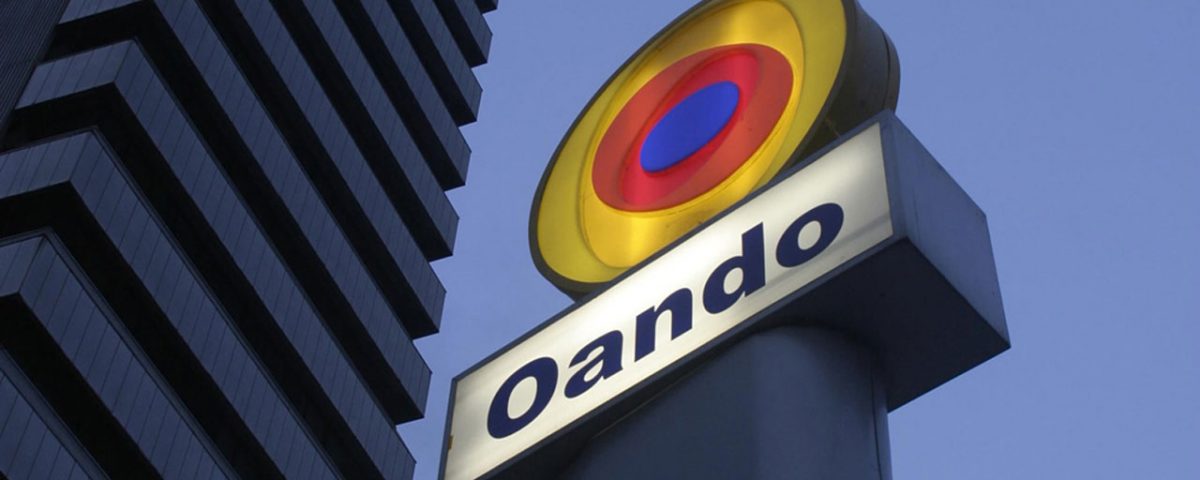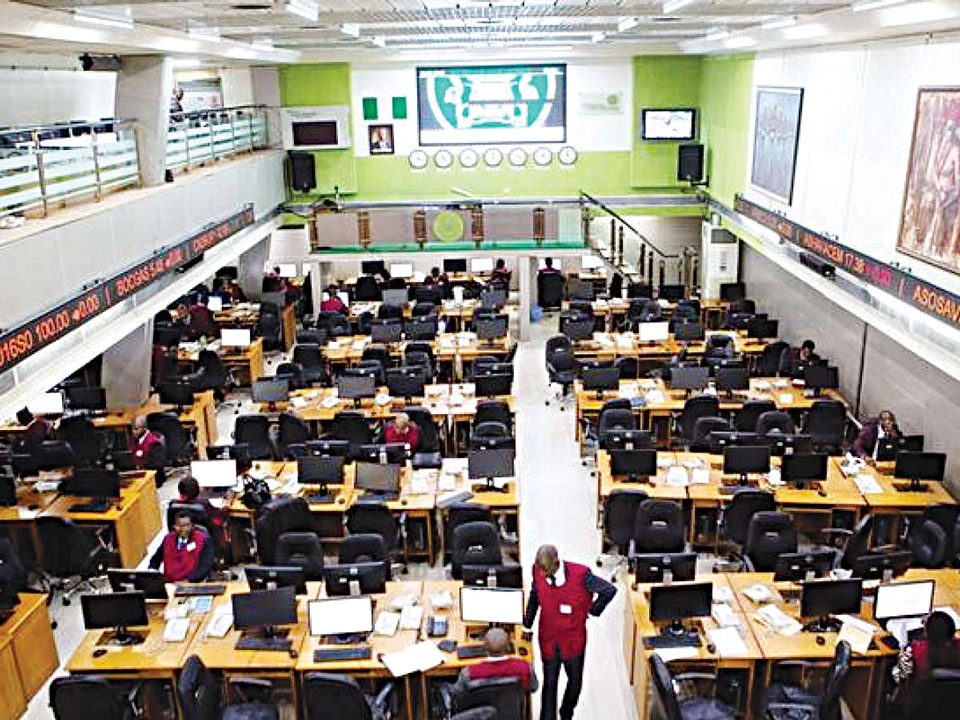Oando Plc yesterday condemned the full suspension slammed on its shares by the Securities and Exchange Commission (SEC), describing the action as illegal, invalid and calculated to ‘prejudice’ the business of the company.
The SEC, on October 18, 2017 suspended trading in the shares of Oando and ordered a forensic audit into the affairs of the company following allegations of infractions filed against the firm by Ansbury Inc. and Alhaji Dahiru Mangal.
In two separate statements issued yesterday, Oando said: “We are of the view that the SEC’s directives are illegal, invalid and calculated to prejudice the business of the company. The company, being dissatisfied with the most recent actions taken by the SEC and to safeguard the interests of the company and its shareholders, immediately took steps to file an action with the Federal High Court (FHC) against the SEC and the Nigerian Stock Exchange (NSE).”
Oando obtained a court order to halt the suspension of trading in its shares and a forensic audit planned by SEC.
Confirming the development, Ayotola Jagun, Chief Compliance Officer and Company Secretary, in a statement, said: “ The NSE and SEC were served with the enrolled court order today Tuesday, October 24, 2017 after the technical suspension was carried out by the NSE on Monday, October 23, 2017. “In our view both the NSE and the SEC are legally obliged to comply with the interim orders pending the substantive determination of the suit.”
The oil firm also expressed disagreement with SEC’s pronouncements on the suspension of trading in its shares and the forensic audit, noting that none of the allegations of infractions levelled by the regulator against the company warrants a forensic audit on the institution’s affair or full or technical suspension of trading in the company’s shares on the NSE.
Oando maintained that the SEC has not presented a strong case to support the engagement of a forensic auditor to audit the affairs of the company.
Stating reasons for the disapproval, Oando said the SEC requesting a forensic audit in order to investigate whether its findings are true is a clear contradiction from the norm.
“How did the SEC arrive at its findings if it cannot be sure of the veracity of those findings, and more importantly how did it ascribe the appropriate level of weight to be given to those findings, enough to warrant an immediate suspension followed by a technical suspension of the shares of the company, especially if those findings are still mere allegations at this point, as the commission has clearly communicated?,” the company asked.
Oando stated clearly that the commission, in a letter, informed the company informed Oando that the N160 million cost of the forensic audit will be borne by the Company, to which Oando responded by saying that this must be an error in light of all its submissions to date, and not the best use of shareholder funds at this time.
The company noted that in the letter sent by the SEC, both petitioners, Alhaji Mangal and Ansbury Inc, were copied, lamented that it is unheard of and prejudicial for petitioners to be copied on correspondence to the investigated party on findings yet to be concluded.
“It is unclear how the SEC will respond to the allegations against it on the basis of bias, but one thing is evident from the press statement issued by the company, Oando has taken a different and bold stance to challenge the commission.”
According to the statement, the oil firm on Monday, October 23, 2017 obtained an ex-parte order from the FHC granting an interim injunction, through an order restraining the NSE from effecting the directive of the SEC to implement a technical suspension of the shares of the company, and an order restraining the SEC from conducting any forensic audit into the company’s affairs pending the hearing and determination of the matter.
“An Oando source advised that the company’s reasons for taking this stance against the commission is the clear bias that has been shown towards the petitioners and the mismanagement of the investigation from inception.
“Firstly, there is a fact that the SEC’s investigation of a public-traded company is public knowledge; a fact that has had a negative impact on the company’s share and enterprise value, and led to some of the company’s shareholders questioning who the SEC is really protecting. The source went on to say that there have been four media leaks till date, with sources indicating that the leaks have emanated from the SEC.”
Oando also raised questions as to why the commission investigated a petition brought by an indirect shareholder (Ansbury Inc.) domiciled outside Nigeria, in a jurisdiction outside the SEC’s purview and one currently in arbitration court in the UK, when the commission’s complaints management framework says it shall not consider any matter which is currently in arbitration.
In a recent letter to Oando, the SEC re-categorised the petitioner as a “whistle blower”, contrary to its former position as a “shareholder”, which according to Oando, shows a clear bias as it suggests the commission re-categorised the petitioner’s position to ensure it is able to carry on investigating the petitions.
The oil company explained that in its statement, it highlights letters sent by its chairman, Oba M. A. Gbadebo, to the Director General of the SEC, Mounir Gwarzo, alleging bias and lack of due process in the way and manner in which the SEC has conducted the investigation.
Oando, according to the statement, also pleaded in the letter that its chairman should be granted an audience to present the company’s case, which the SEC repeatedly denied, while the regulator has granted an audience to Ansbury Inc and gone so far as to offer what is tantamount to legal advice to them.



